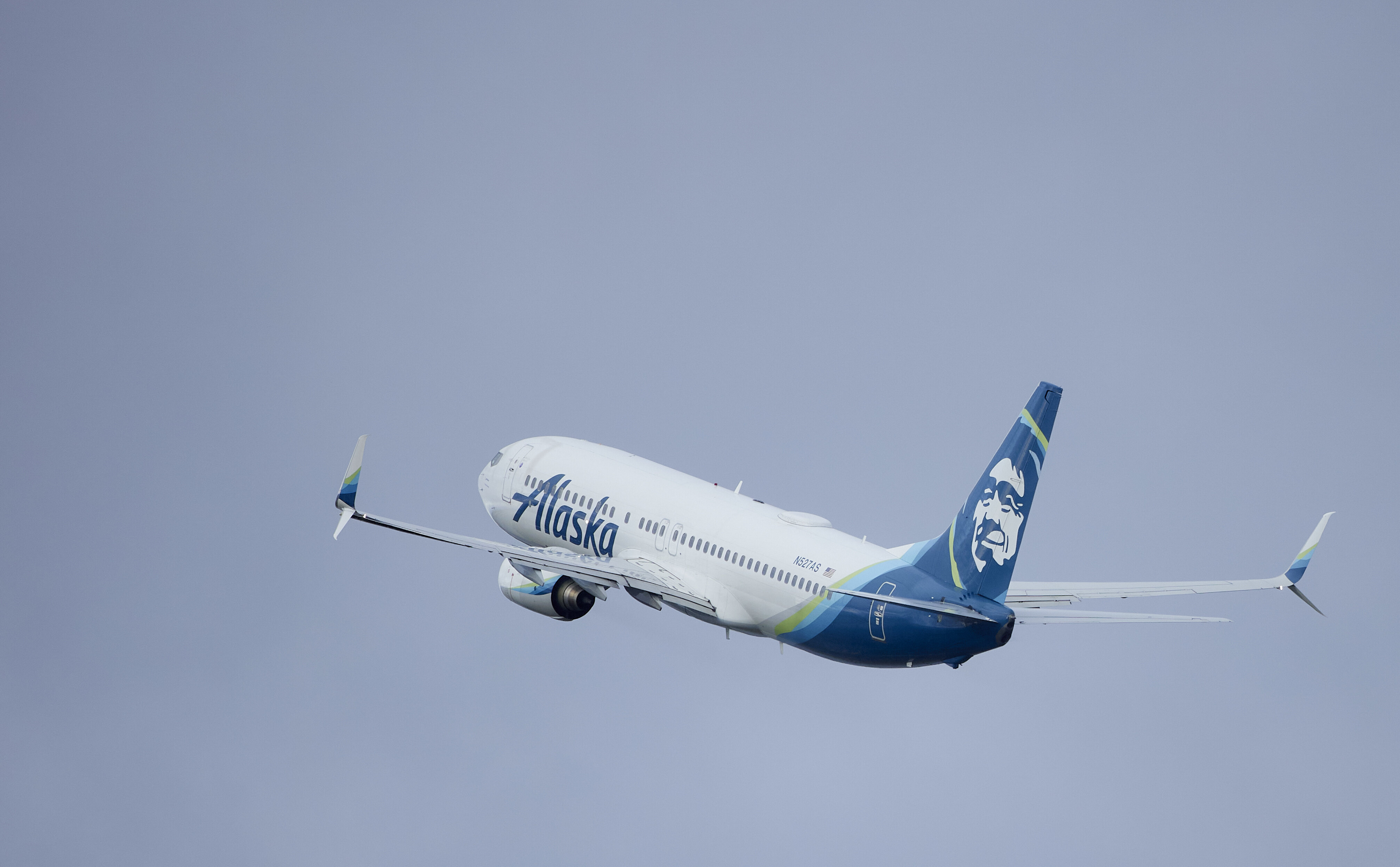Alaska flight incident reveals another feature Boeing didn’t inform pilots about - Federal investigators said that Boeing didn’t make pilots aware that when a plane rapidly depressurizes, the cockp…::undefined
In the case of an explosive decompression, you can’t have that wall trying to resist the pressure difference. It’ll blow in a horrible way and probably destroy a ton of circuitry / wiring.
It needs to fail open like this, that design makes sense. The pilots should have been informed though.
An attacker could probably leverage that though to get into the cockpit.
If that design is necessary it has presumably always been like that on every pressurized plane ever built. So it shouldn’t have been a surprise. But, some vents should be able to equalize the pressure without opening the door.
ISTR hearing that El Al planes had separate entrances for the cockpit and passenger compartment so there was no way to enter or leave the cockpit except on the ground. No door, just a reinforced wall. But maybe that was a post-911 urban legend.
Aircraft maintenance has been doing the negative pressure unlock tests on cockpit doors for decades, its honestly surprising what isn’t common knowledge. Like others have said, rapid decompression of only a portion of the aircraft is very bad, and will result in massive structural failure as individual compartments aren’t pressure rated and will blow apart. The doors I’ve had experience with had large panels that would pop out when in a negative pressure event.




